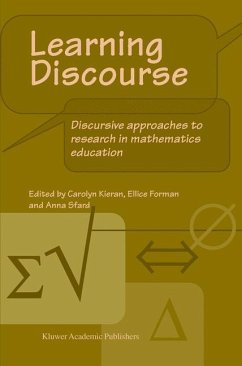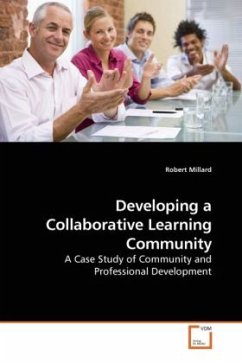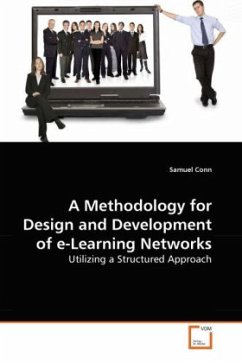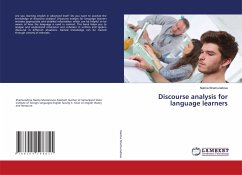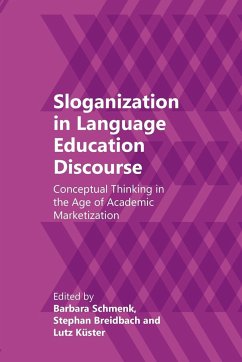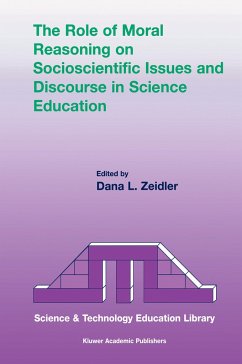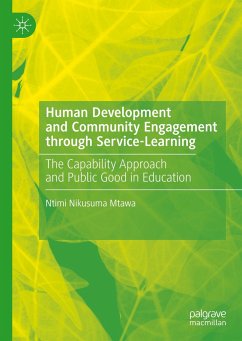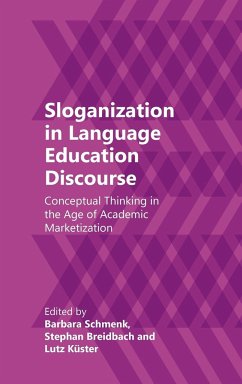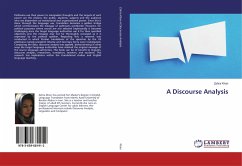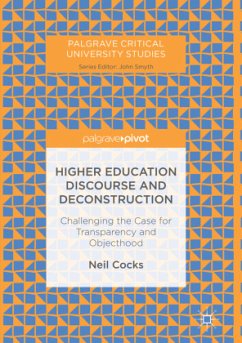
Liberation and Discourse in Community Learning and Development
An application of liberational and discourse theory to community capacity building through non-formal learning in rural Scotland
Versandkostenfrei!
Versandfertig in 6-10 Tagen
52,99 €
inkl. MwSt.

PAYBACK Punkte
26 °P sammeln!
Education, formal or non-formal, is either a mechanism for change or conservation: it is transformational or transmissive. This book interrogates the philosophies that underpin the notion of a dominant discourse and its relationshp to social change. These are then applied to the concept of community asset development through the CADISPA Project in rural Scotland. The book identifies the tension that exists between two fundamentally different positions on the notion of citizen engagement and personal and social change, that of Paulo Freire and Michael Foucault, and compares and contrasts the im...
Education, formal or non-formal, is either a
mechanism for change or conservation: it is
transformational or transmissive. This book
interrogates the philosophies that underpin the
notion of a dominant discourse and its relationshp
to social change. These are then applied to the
concept of community asset development
through the CADISPA Project in rural Scotland. The
book identifies the tension that exists between two
fundamentally different positions on the notion of
citizen engagement and personal and social change,
that of Paulo Freire and Michael Foucault, and
compares and contrasts the implications of each in a
real-time community development project.
Understanding the impact of this differental is
important to those professionals and community
activists who would wish to secure their
interventions in local communities on the basis of
reflective and theory driven practice.
mechanism for change or conservation: it is
transformational or transmissive. This book
interrogates the philosophies that underpin the
notion of a dominant discourse and its relationshp
to social change. These are then applied to the
concept of community asset development
through the CADISPA Project in rural Scotland. The
book identifies the tension that exists between two
fundamentally different positions on the notion of
citizen engagement and personal and social change,
that of Paulo Freire and Michael Foucault, and
compares and contrasts the implications of each in a
real-time community development project.
Understanding the impact of this differental is
important to those professionals and community
activists who would wish to secure their
interventions in local communities on the basis of
reflective and theory driven practice.



